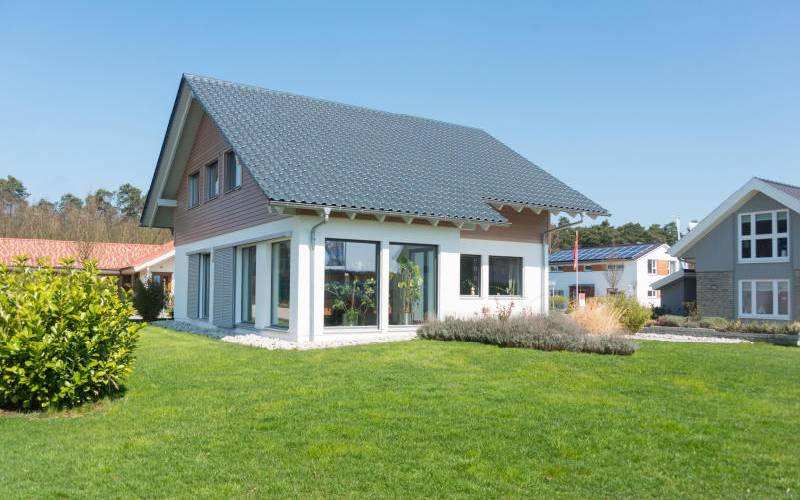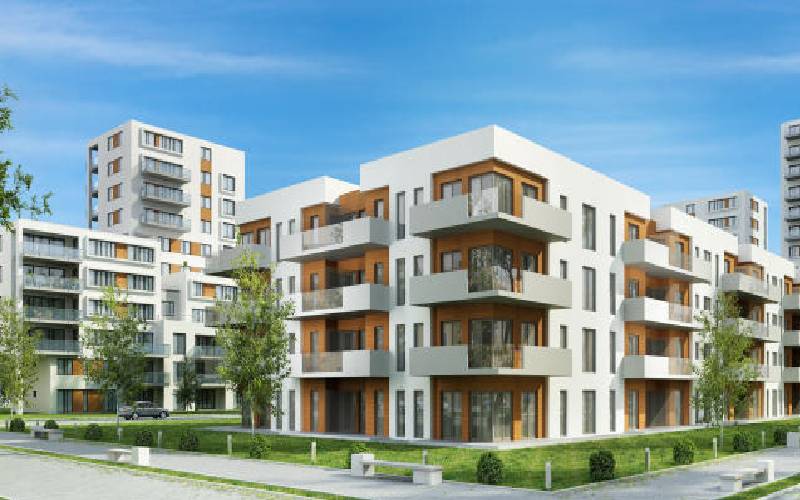
London’s Francis Crick Institute was already a magnet for investors in the capital’s so-called Knowledge Quarter, but the coronavirus pandemic has lifted interest in offices and laboratories dedicated to life sciences to a new level.
Investors have been drawn into European real estate dedicated to life sciences, which spans sectors such as biomedical devices and pharmaceuticals, by an ageing population and strong academic research in the region.
But the Covid-19 pandemic has fast-forwarded the script.
“Life sciences have never been more under the spotlight because of what we’ve all had to endure,” Peter Ferrari, chief executive of real estate investor AshbyCapital, told Reuters.
In January, together with Montrose Land, AshbyCapital bought an Edwardian building near the Crick bio-medical research centre in the heart of the Knowledge Quarter life sciences hub.
The building, which should be fitted out for rental to life science tenants in 2024, was AshbyCapital’s first investment in the sector and Ferrari hopes it will be a starting point for taking on “one or two more” similar projects.
Investors say there is demand in both urban centres and out-of-town science parks in Britain and other parts of Europe to accommodate an industry that tends to be recession-proof.
Real estate money is looking for new avenues as retail property and offices face the challenge of people increasingly shopping and working from home, analysts and investors say.
Commercial real estate investment volumes in Europe totalled 277 billion euros (Sh36 trillion) in 2020, down 17 per cent from a year earlier as a result of the coronavirus pandemic, real estate broker CBRE says.
Although less than one per cent of European real estate investment is in life sciences, a recent report from the Urban Land Institute shows, strong government and venture capital investment in the sector is encouraging piggy-backing by real estate investors.
And real estate broker JLL estimates that up to 15 billion pounds (Sh2.2 trillion) has been allocated to British life sciences real estate, of which less than 10 per cent has been deployed to date.
Glenn Crocker, head of UK life sciences at JLL, said it had been approached by 20 real estate developers and investors to discuss life sciences in January, following 100 conversations in 2020, reflecting the strength of interest.
Not every area is suitable for a life sciences centre, as the infrastructure of nearby universities, major hospitals and good housing or cultural activities is also needed.

“I am a little bit sceptical about the sudden interest,” Zachary Gauge, European real estate analyst at UBS, told a recent news briefing, adding that the specialist nature of life science buildings meant they could be difficult to trade.
Although Britain’s so-called Golden Triangle of life sciences centres in London, Oxford and Cambridge leads the way in Europe, areas such as Bio Science Park in the Dutch city of Leiden, which is home to Johnson & Johnson vaccine producer Janssen, is one of several major European ones.
Private equity giant Blackstone’s real estate life sciences investment in Britain, which is made through its $20 billion (Sh2.1 trillion) enterprise value portfolio company BioMed Realty, includes several science park buildings in Cambridge.
“The pandemic put the industry and its researchers in the forefront ... There is extraordinary demand for talent and space,” Bill Kane, BioMed’s president of East Coast and UK markets, told Reuters.
Huge interest
Meanwhile, British insurance and investment group Legal & General last year invested 200 million pounds (Sh30 billion) in Oxford University’s Life and Mind Building.
“Life science is derisked at the moment by the fact there is huge interest in the sector,” said Eleanor Jukes, senior investment manager at L&G, adding that real estate valuations had risen due to the “huge weight of capital” looking to buy.
L&G recently sold five buildings in a Cambridge science park after a fierce bidding war for a total 97 million pounds (Sh14.5 billion), 59 per cent above valuation levels.
In addition to US investors and Canadian pension funds, Middle Eastern money is also showing interest, said Ghada Sousou, chief executive of real estate recruitment firm Sousou Partners.
Real estate demand is outstripping supply. In Cambridge, there are lab requirements of more than 400,000 square feet, and supply of less than 100,000, Sue Foxley, research director at real estate consultancy Bidwells, said.
But the sector is not for the faint-hearted.
Life science buildings range from traditional offices and laboratories to “dry labs” - research offices with extra technology needs.
The buildings may have special requirements such as extra power supplies, arrangements for the safe disposal of hazards and higher than average ceilings.
 The Standard Group Plc is a multi-media organization with investments in media
platforms spanning newspaper print operations, television, radio broadcasting,
digital and online services. The Standard Group is recognized as a leading
multi-media house in Kenya with a key influence in matters of national and
international interest.
The Standard Group Plc is a multi-media organization with investments in media
platforms spanning newspaper print operations, television, radio broadcasting,
digital and online services. The Standard Group is recognized as a leading
multi-media house in Kenya with a key influence in matters of national and
international interest.
 The Standard Group Plc is a multi-media organization with investments in media
platforms spanning newspaper print operations, television, radio broadcasting,
digital and online services. The Standard Group is recognized as a leading
multi-media house in Kenya with a key influence in matters of national and
international interest.
The Standard Group Plc is a multi-media organization with investments in media
platforms spanning newspaper print operations, television, radio broadcasting,
digital and online services. The Standard Group is recognized as a leading
multi-media house in Kenya with a key influence in matters of national and
international interest.











